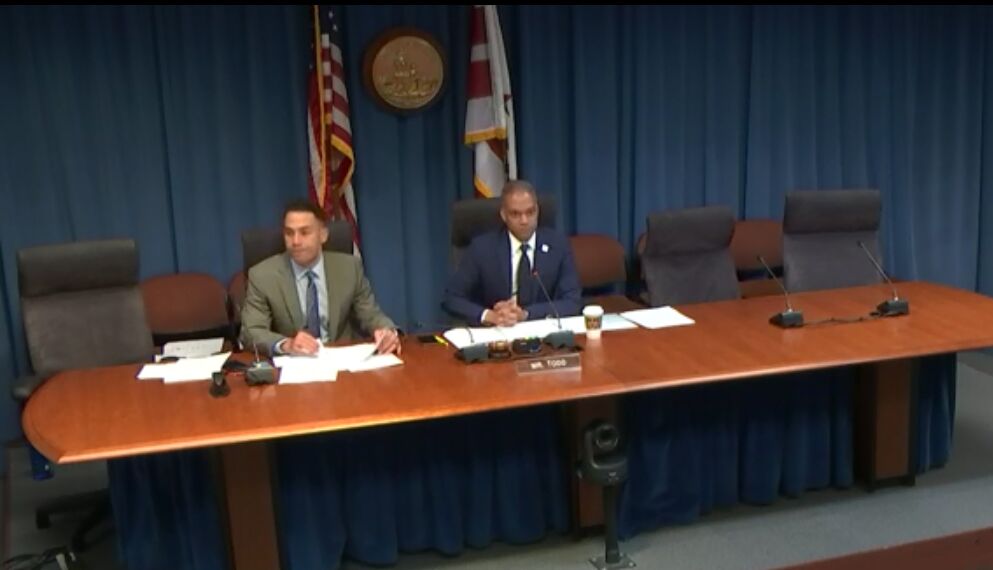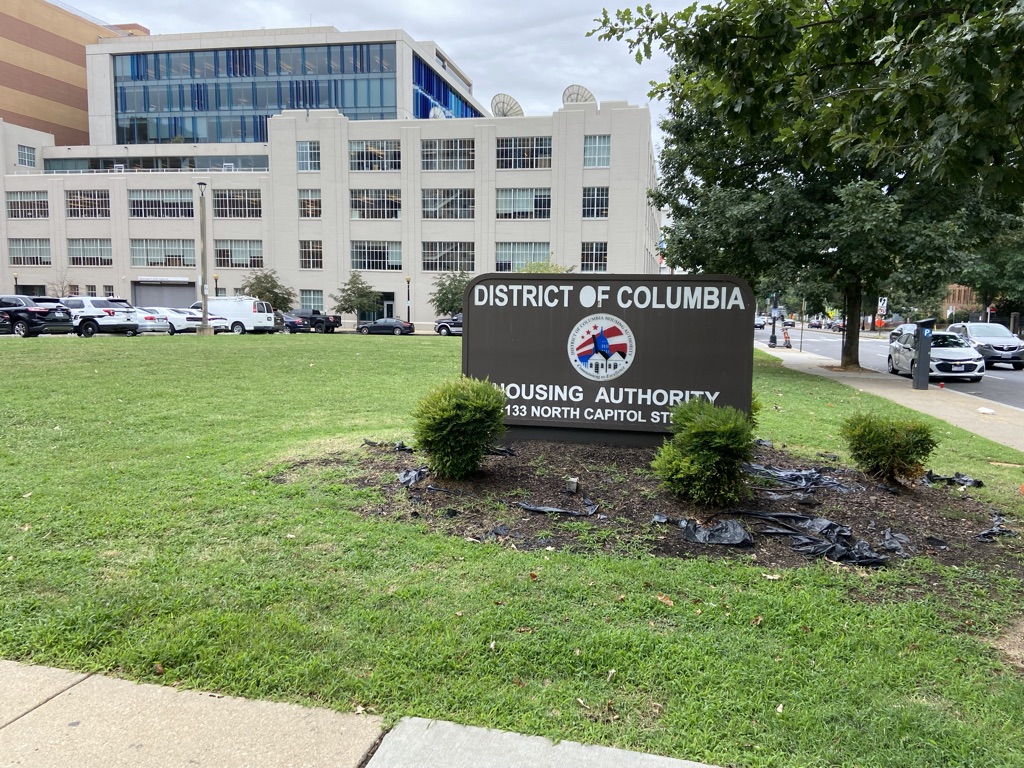On Feb. 19, the D.C. City Council Committee on Government Operations convened a public hearing to consider the Attorney General Civil Rights Enforcement Clarification Amendment Act of 2019. Attendees discussed the balance of power between the Office of Human Rights (OHR) and the Office of the Attorney General (OAG) under the bill.
The bill, introduced on Jan. 16, 2019, by Council chair Phil Mendelson, has been under review for the past year. Currently, the OHR is responsible for initiating civil rights actions in D.C., but the bill would allow the OAG to bring civil actions under the Human Rights Act. The bill would also clarify that a complainant in a fair housing issue can hire their own lawyer and under what circumstances the OAG may choose to withdraw from representing the complainant.
Advocates in favor of the bill and who testified at the hearing included Tracey Zhang, an attorney from Georgetown Law’s Civil Rights Clinic. Zhang compared the legislation to similar laws in New York and Massachusetts that give those states’ Attorneys General expanded power to address civil rights concerns.
“Given the pervasive nature of discrimination, D.C. should have as many tools as possible to tackle the problem from numerous angles,” Zhang said. “This amendment would provide clear guidance to all parties by delineating the Attorney General’s role in human rights act enforcement.”
The Equal Rights Center’s Fair Housing Rights Program manager, Susan McClannahan, stated that the District’s current procedure for investigating possible civil rights violations requires that victims of discrimination report complaints on their own. “Relying on aggrieved parties is woefully inadequate to undoing the decades of discriminatory policies and practices,” McClannahan said. “It’s one of the worst things that’s happened in their life and they have to spend 12 months talking about it. Not everyone chooses to do that.”
Individual civil rights complaints are now the purview of the OHR, but under the amendment, the OAG would have increased power to investigate complaints. Critics of the bill in the OHR see an expansion of OAG responsibilities as a source of confusion that may result in wasted resources.
In her testimony, Hnin Khaing, the OHR’s general counsel, cited a 2018 case in which the OHR investigated and mediated an incident involving discrimimation against a transgender woman. The case was later reopened by the OAG and re-investigated, with the OHR finding learning of the second investigation through public portals rather than from the OAG. Khaing called the case a “duplication of efforts” and advocated for specific language in the amendment to ensure that the situation will not occur again.
“I think our only ask is that the law be clear in making sure that there will be a streamlined process between OAG and OHR and what the jurisdictions are, so there’s no duplication of claims,” Khaing said.
Michelle D. Thomas, chief of the Civil Rights Section of the OAG, testified that the OAG simply wants the power to intervene in cases of significant public interest and would communicate clearly with the OHR to avoid duplicate investigations. She stated that specifying the relationship between the two offices in the language of the bill is less important than establishing a flexible process. “I think the one thing that’s important … is that the Office of Attorney General and Office of Human Rights … have a vehicle that allows our agencies to be flexible in determining and identifying how we will work going forward.”
Khaing also expressed concerns about how the amendment would affect the OHR’s ability to handle cases. Khaing said that currently many civil rights complaints brought before the OHR are solved through mandatory mediation without requiring full-fledged investigations. If the bill allows the OAG to reopen closed cases, Khaing stated that parties responding to complaints will be less likely to settle because the OAG has the potential to render OHR decisions moot. “Retroactive authority to reopen cases is problematic as there will be no finality to cases before OHR,” Khaing said.
Thomas responded by noting the OAG Civil Right Section’s limited resources and emphasizing that the office is only seeking to investigate complaints that significantly impact the District’s general public. “We are not in a position, nor do we desire to be the primary place for individual cases,” Williams said. “There are some cases where a significant interest by the people of the District will require us to act.”








